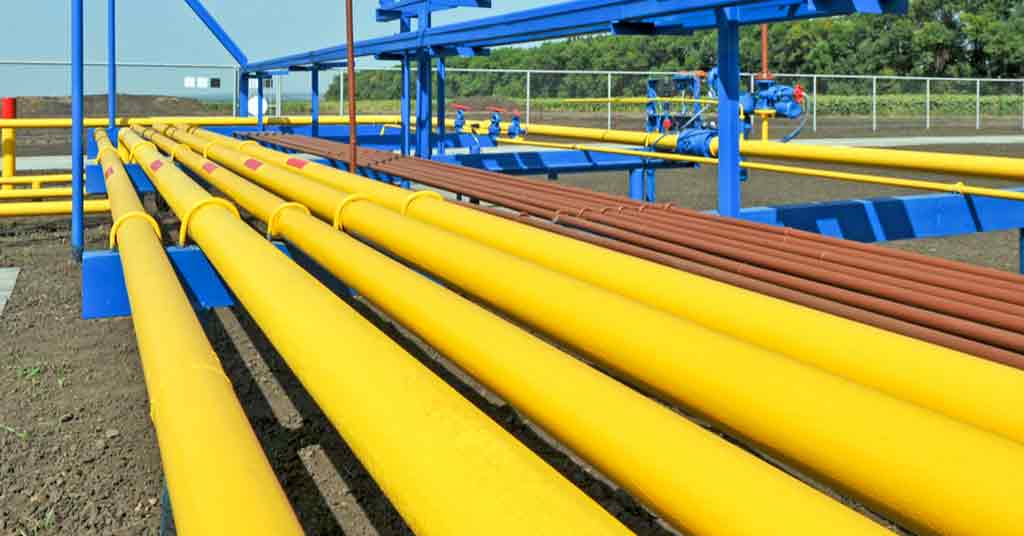Welcome To ChemAnalyst

The refining margins for gasoline in Northwest Europe witnessed a significant and unexpected downturn, experiencing a decline of approximately $3 per barrel on Thursday. This abrupt shift was primarily fuelled by an unforeseen surge in U.S. gasoline stocks, resulting in a notable decrease in the crack spreads of Eurobob E5 to Brent crude futures. The crack spreads, which had stood at $10.042 on the previous day, plummeted to $7.143 on Thursday, reflecting the immediate impact of the surprising surge in gasoline inventories.
The Energy Information Administration (EIA) released a report on Thursday that brought to light a substantial increase in U.S. gasoline stocks. During the week, these stocks surged by an impressive 10.9 million barrels, reaching a total of 237 million barrels. This unexpected and substantial buildup in gasoline stocks marked the most significant weekly gain since 1993. The pronounced volatility and unpredictability inherent in energy markets were underscored by this unexpected turn of events.
Concurrently, several Saudi companies chose to communicate their concerns through regulatory filings, shedding light on the potential repercussions of Saudi Aramco's decision to raise feedstock and fuel prices for the year. This strategic move by the state energy company was anticipated to escalate production costs and, subsequently, lead to reduced earnings for the entities involved. The interconnectedness of global energy markets and the ripple effects of major players' decisions highlight the intricacies and challenges faced by participants in the energy sector.
The observed fluctuations in refining margins and gasoline stocks emphasize the sensitivity of energy markets to unexpected variations in supply and demand. The chain reaction triggered by the surge in U.S. gasoline stocks reverberates through refining margins in Northwest Europe, impacting market dynamics and demonstrating the interconnected nature of the global energy landscape. Geopolitical decisions, such as those exemplified by Saudi Aramco's pricing strategy, further contribute to the intricate and ever-evolving nature of the global energy market.
As the energy sector remains inherently volatile, market participants are tasked with closely monitoring developments such as unexpected stockpile surges, pricing adjustments, and geopolitical shifts. These factors not only influence short-term market conditions but also provide valuable insights into potential long-term trends and shifts. Navigating these complexities requires a nuanced understanding of the factors at play and the ability to adapt strategies in response to evolving market dynamics. The challenges inherent in forecasting within the energy sector underscore the importance of agility and informed decision-making for stakeholders in this dynamic and ever-changing industry.
We use cookies to deliver the best possible experience on our website. To learn more, visit our Privacy Policy. By continuing to use this site or by closing this box, you consent to our use of cookies. More info.
